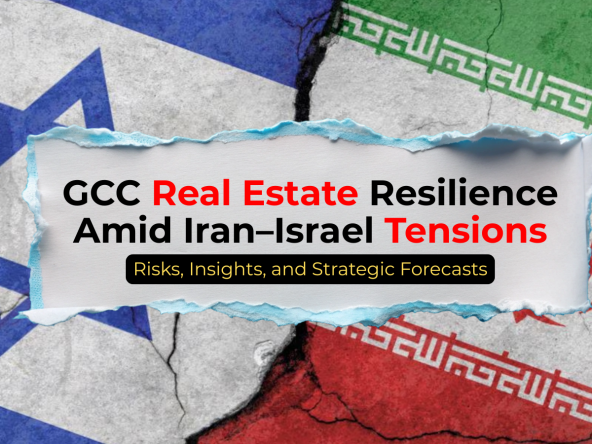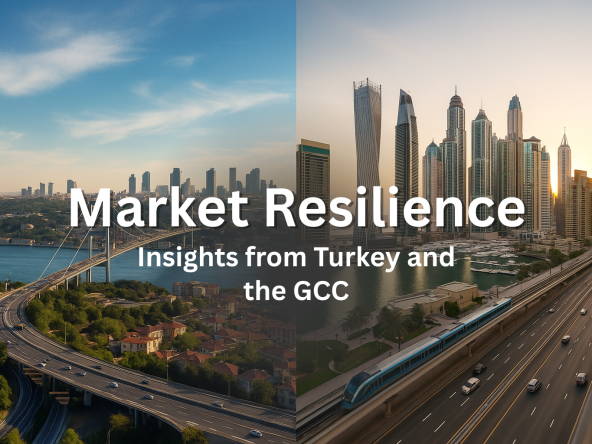A historic and vibrant city that connects Europe and Asia and is home to over 16 million people. Istanbul is known for its rich cultural heritage, iconic landmarks, bustling bazars and magnificent coastal line. It is one of the busiest and famous tourists’ destination. Its prime geographic position and history has recognized it as a center of trade and commerce.
Housing is the significant matter. it has multiple impacts on all metropolis.
To address the growing urban challenges, there are two critical strategies for Istanbul; Urban transformation and new housing developments. Both approaches have substantial implications for the city’s ecosystem, including social, economic, and environmental dimensions. Let’s discuss both approaches:
Urban Transformation in Istanbul
Urban transformation in Istanbul primarily involves the renewal and rehabilitation of existing urban areas, often targeting neighborhoods with outdated infrastructure, unsafe buildings, or high population density. This process is driven by the need to improve living conditions, enhance resilience to earthquakes, and modernize the city’s urban fabric. It is also providing an opportunity to renew all utility services which are outdated and threat to city life.
Impacts on the City Ecosystem
Environmental Impact
Urban transformation can improve energy efficiency and reduce carbon footprints by replacing old buildings with modern, eco-friendly structures. Green spaces and sustainable infrastructure can also be integrated into redevelopment projects.
Demolition and construction activities can lead to temporary increases in air and noise pollution but good coordination among inhabitants, construction companies and local government can overcome it.
Social Impact
Improved housing conditions and infrastructure can enhance the quality of life for residents. Urban transformation can also foster community cohesion by creating safer and more inclusive neighborhoods.
Displacement of low-income residents due to rising property values and rents is a significant concern. It must be considered government should enhance its low cost housing projects through TOKI and EMLAK KONUT.
Economic Impact
Urban transformation can stimulate economic growth by attracting investments, creating jobs, and increasing property values. Especially, central districts of Istanbul have historical and tourist attractions. Growing number of tourists each year is also creating demand of new hotels and service areas. Fair distribution of benefits may be planned across all socioeconomic groups.
New Housing Development in Istanbul
New housing development involves the construction of residential areas on previously undeveloped or underutilized land, often on the outskirts of the city. This approach is driven by the need to accommodate Istanbul’s rapidly growing population and provide affordable housing options. But high prices is a critical issue regarding the dynamics of new housing developments in Istanbul, particularly in the outskirts. Despite being located far from the city center, these developments are often priced similarly to central districts, reflecting a profit-driven approach by developers. This trend has significant implications for the city’s ecosystem, human resources, and overall quality of life.
Impacts on the City Ecosystem
Environmental Impact
Though New developments can incorporate modern sustainability standards, such as energy-efficient buildings, renewable energy sources, and green infrastructure but Expansion into natural areas and agricultural land can lead to deforestation, loss of biodiversity, and increased urban sprawl. This can also exacerbate traffic congestion and air pollution due to increased reliance on private vehicles. Increased vehicle usage contributes to higher carbon emissions and air pollution, further degrading the city’s environmental quality. Examination of forestry data show as 6% decrease in natural forest of Istanbul. This reduction is majorly in outskirt districts of Istanbul.
Social Impact
New housing developments can provide affordable housing options for middle- and low-income families; but it need very careful policy of government for real estate and construction sector.
These developments are often located far from the city center, leading to longer commutes. The absence of efficient public transportation in new developments forces residents to rely on private cars, leading to increased traffic congestion and longer commute times. Long commutes reduce productivity, increase stress, and limit time for family and leisure activities. This negatively impacts the well-being and efficiency of the workforce. Whereas reduced access to essential services, such as healthcare and education, can also contribute to social isolation and fragmentation.
Economic Impact
New housing developments can boost the construction industry and create jobs. They can also attract new businesses and services to previously undeveloped areas. While housing development companies will control the market and pricing. And Developers often price new housing projects in the outskirts at levels comparable to central districts, despite the lack of infrastructure and amenities. This is partly due to the perception of “modern living” and the promise of future improvements in the area. It is creating Affordability Crisis. The high prices make these developments inaccessible to low- and middle-income families, exacerbating housing inequality.
Conclusion
To address these challenges, Istanbul needs a more sustainable and inclusive approach to urban development. Process of Construction permissions for urban transformation should expedite; It will motivate housing developers and construction companies to invest within the city. it is also one of foremost reason of interest of construction companies in new development. Urban transformation construction permission is taking 3 times more time than new construction.
The current trend of expensive new developments in Istanbul’s outskirts, coupled with inadequate infrastructure and environmental degradation, poses significant challenges for the city’s ecosystem and human resources. Addressing these issues requires a holistic approach that balances economic growth with social equity and environmental sustainability. By prioritizing affordable housing, mass transportation, and green infrastructure, Istanbul can create a more livable and resilient urban environment for all its residents.
Both urban transformation and new housing development have their pros and cons in terms of Istanbul’s city ecosystem. Urban transformation is more sustainable in the long term, as it focuses on improving existing areas and reducing urban sprawl. However, it must be implemented carefully to avoid displacement and gentrification. On the other hand,
A balanced approach that combines both strategies, while prioritizing sustainability, inclusivity, and resilience, is essential for Istanbul’s future. This includes integrating green infrastructure, ensuring affordable housing, and involving local communities in decision-making processes.


